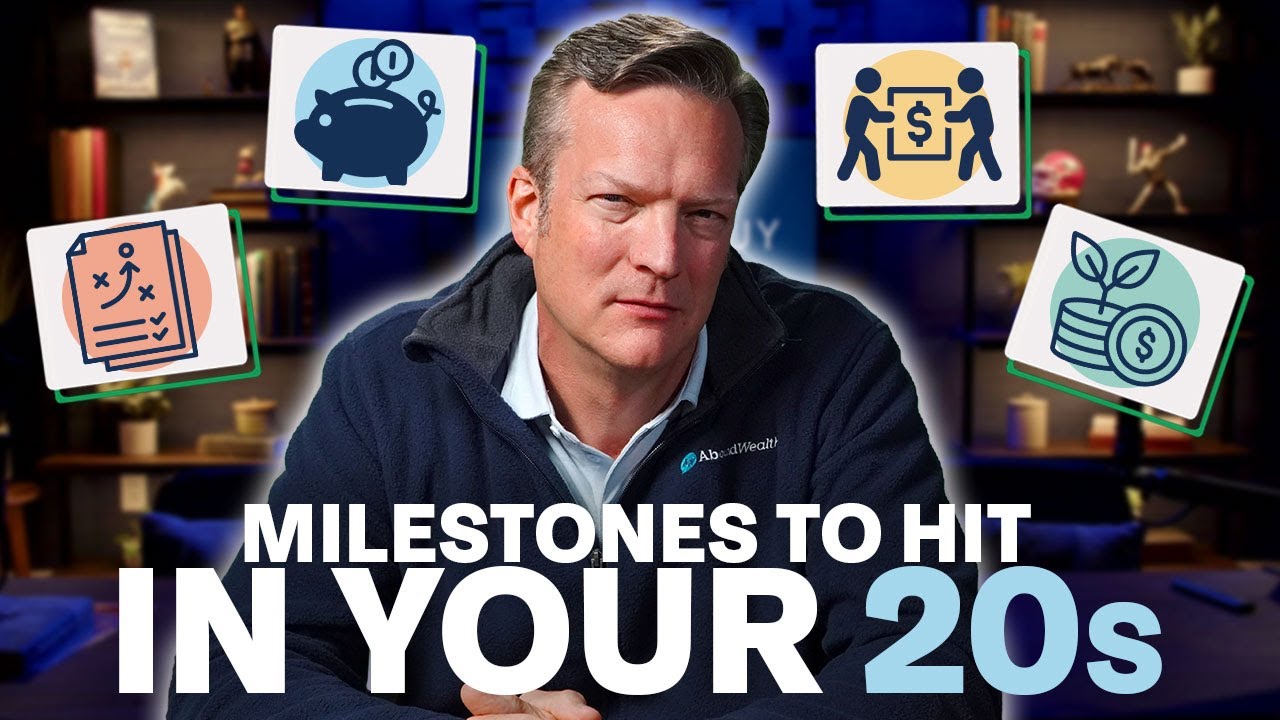Jacob has a question for you guys. He said, "I'd like to hear the money guy's opinion on mutual funds with front-end load fees. Is it a red flag if an advisor wants to put you in these? Yes, is it a red flag?"
So, what is Jacob talking about? A lot of mutual funds, when you buy them from an advisor, might be what are called loaded funds. A lot of them are A-shares, which means they are loaded on the front end. So, if you want to buy $100 of this fund, the first 3% to 5% commission will go to the advisor right off the top. You pay a front-end commission to do that.
Here's the ultimate question I'd ask Jacob: "Why am I buying a commissioned fund?" And, by the way, commission funds come in all types. They are the front-end loaded ones, there are also back-end loaded ones, and there are some that are just loaded every single year. So, you want to make sure you understand what you're buying. I would make the argument that, whatever that fund is, there are probably some options available to you that are much less expensive, both from a commission standpoint as well as from an ongoing internal expense standpoint. So, the question that Jacob asks is, "If the advisor is recommending that, I'd ask the question, 'Why are you recommending this share class of this fund, as opposed to this Index Fund that's no-load, yada yada?'" What would you say to that?
I always like to give experience shares because I think you have to be careful because a lot of people, I think, are like me when I was in my early 20s. I had graduated with an accounting degree, and I was working in public accounting. I just read The Millionaire Next Door and The Wealthy Barber. I was on fire for this concept of personal finance and building wealth that my parents had not been able to build. I wanted to start making the money work, so I didn't know where to start. Fortunately, there was a CPA at my firm whose roommate was selling mutual funds and other things, so I bought the Regional Bank fund from John Hancock Class B and then the John Hancock special equities Class B.
As you can see, I didn't know what I was doing. But, here's the thing. Even though those were inappropriate products, and the reason why is because Class B, you never see these things anymore, they tried to mimic index funds or no-load funds in the fact they had no front-end commissions, but they would ding you up to 6% if you sold it on the back end. So, think about all that compound and growth of the '90s, and then somebody gets to take 5% to 6%, depending upon how many years you held it. But, that's not where the bad stopped. They also had an internal expense ratio on a lot of these of over 2.5%, insane because, if you think about now with index funds being basically free, that's 2.5% of performance every year you have to recapture just to catch where the market is.
So, here's my point. I wouldn't have become the financial mutant who has created all this without something starting the cast and rolling the ball forward, of lighting the fire of my curiosity. So, I'm not mad at the person that sold me that, but I so that's why the first thing I was going to say is, "Know thyself." That was the thing that I didn't know any better. So, there was actually value added to me by that salesperson because he got the ball started to where I wanted to move to step two, which is why I started doing my homework. I started researching, and now that's what I was going to say. The third point is, has the modern world solved your problem of researching? The fact that you can watch content like
The Money Guy Show and other people like that, where we will load you up with free information on all these new products because Vanguard, like I when I, for if you go back in our archives, I guarantee you there's a show when I first started talking about index funds to the public.













